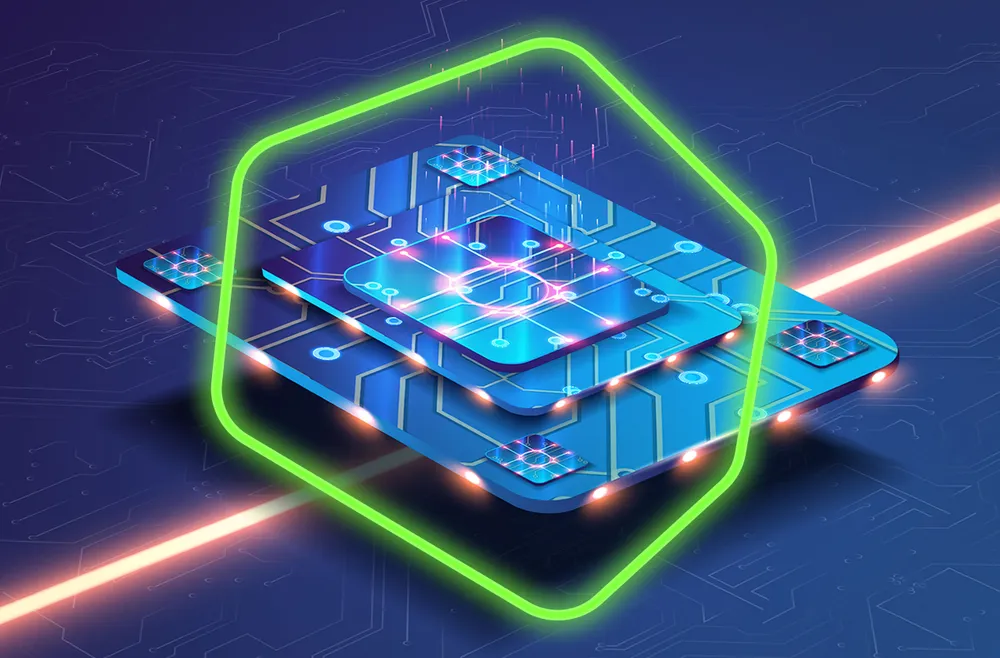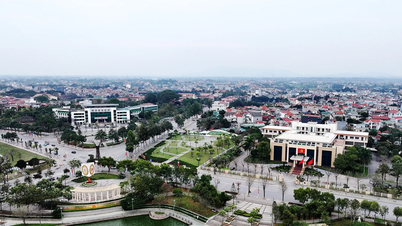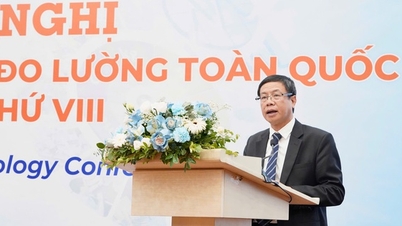
Quantum computers could be used to compromise traditional encryption methods that protect data in countless digital systems today, posing a direct threat to global cybersecurity infrastructure.
Threats include the intrusion and decryption of sensitive diplomatic, military and financial information, as well as the ability to decrypt private negotiations in real time – something that quantum computers can do much faster than classical computers, making private conversations insecure and vulnerable to monitoring and exploitation.
"The quantum computing market in the Asia- Pacific region is currently on a strong growth trajectory. Experts predict that from 392.1 million USD last year, this market will reach 1.78 billion USD by 2032, with a compound annual growth rate (CAGR) of 24.2%. This is an exciting but also worrying development. Organizations here should remember that quantum computing is the next "front line" of cybersecurity," said Mr. Sergey Lozhkin, Head of the Asia-Pacific and Middle East, Turkey and Africa Research Center.
While quantum computers are not yet an immediate threat, it will be too late to act once they are capable of attack. The transition to post-quantum encryption is a long road, taking years to complete, so it is imperative to start preparing today.
The cybersecurity community, technology companies, and governments need to work together to address the coming risks. Policymakers need to develop a clear migration strategy to post-quantum algorithms, while businesses and researchers need to start implementing new security standards now.
Source: https://www.sggp.org.vn/kaspersky-canh-bao-nhung-rui-ro-tu-may-tinh-luong-tu-post813474.html



![[Infographic] Notable numbers after 3 months of "reorganizing the country"](https://vphoto.vietnam.vn/thumb/1200x675/vietnam/resource/IMAGE/2025/10/4/ce8bb72c722348e09e942d04f0dd9729)
![[Photo] General Secretary To Lam attends the 8th Congress of the Central Public Security Party Committee](https://vphoto.vietnam.vn/thumb/1200x675/vietnam/resource/IMAGE/2025/10/4/79fadf490f674dc483794f2d955f6045)






























![[Photo] Students of Binh Minh Primary School enjoy the full moon festival, receiving the joys of childhood](https://vphoto.vietnam.vn/thumb/1200x675/vietnam/resource/IMAGE/2025/10/3/8cf8abef22fe4471be400a818912cb85)
![[Photo] Prime Minister Pham Minh Chinh chairs meeting to deploy overcoming consequences of storm No. 10](https://vphoto.vietnam.vn/thumb/1200x675/vietnam/resource/IMAGE/2025/10/3/544f420dcc844463898fcbef46247d16)



































































Comment (0)